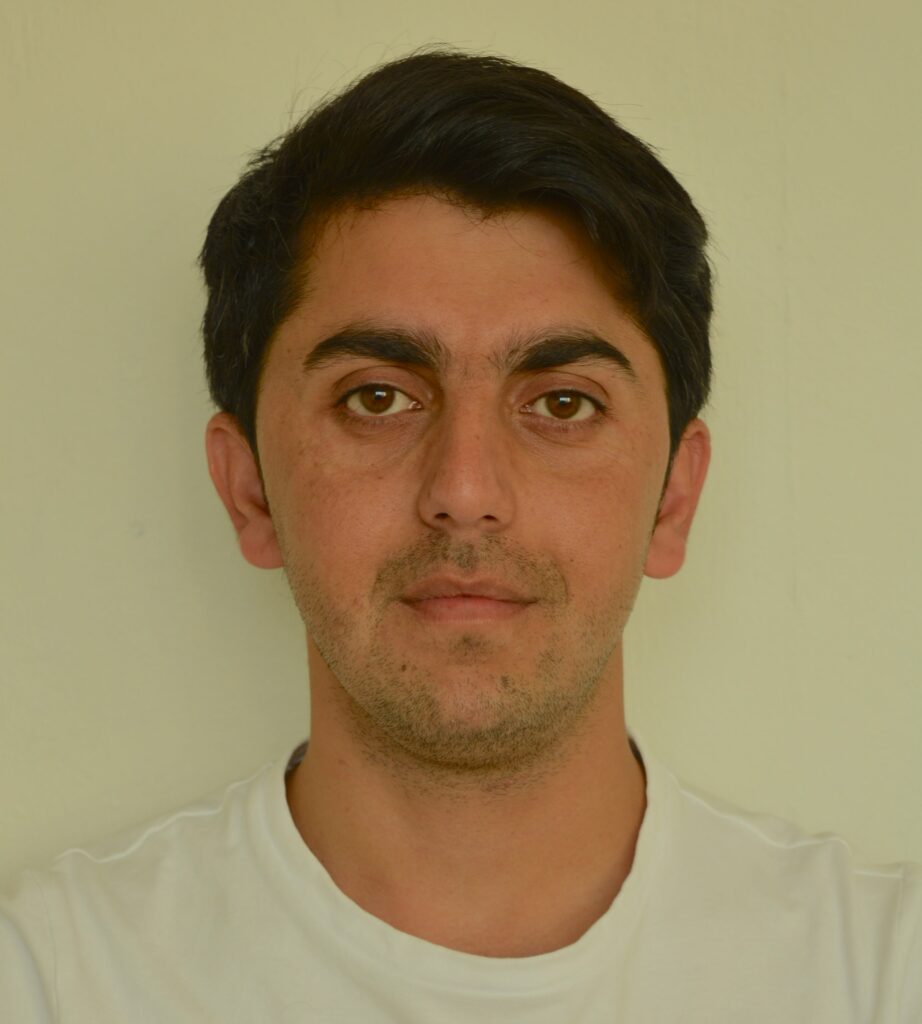
ESR project: Biological analysis of Lectin binding capacity
Supervisor: Prof. Matthew Gibson
Institution: University of Warwick, UK
Country of origin: Pakistan
NanoCarb research: Ashfaq’s work involves the production of recombinant carbohydrate binding lectins and incorporation into a sensing array based on biolayer interferometry (a label-free interactions method) and determining a panel of lectins targets for evaluation. Determining the selectivity and specificity trends as a function of glycan presentation using a range of materials, will provide a roadmap of how glycomaterial architecture influences binding behaviour.
Scientific background: Ashfaq holds a B.S degree in Biotechnology (with specialisation in Plant Biotechnology) from the University of Swat, Pakistan. During his final year, he undertook a research project in the area of Plant physiology, investigating the effect of plant growth regulators and nanoparticle, on the production of secondary metabolites in the plants. Following his graduation, he was awarded the Mastermind scholarship by the Belgian government to pursue an M.Sc. course (by research) i.e. Interuniversity Program in Molecular Biology (IPMB), organized by Katholieke Universiteit Leuven, Vrije Universiteit Brussel, and Universiteit Antwerpen. He did his master thesis under the supervision of Prof. Rouslan Efremov, in the laboratory of Electron Cryogenic Microscopy. His thesis involved the genomic engineering of an operon in the E. coli through lambda red coupled CRISPR/Cas9 system for enhancing the expression of a specific protein, a prerequisite for structural and functional analysis of protein.